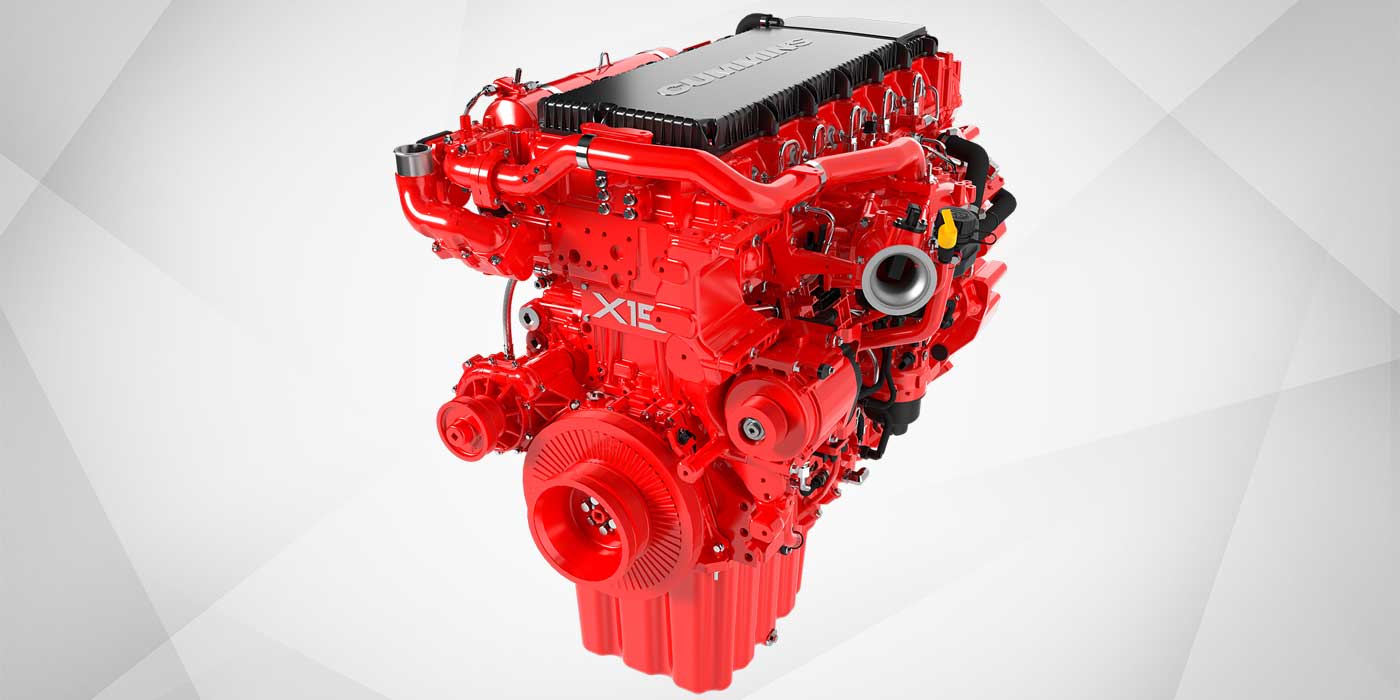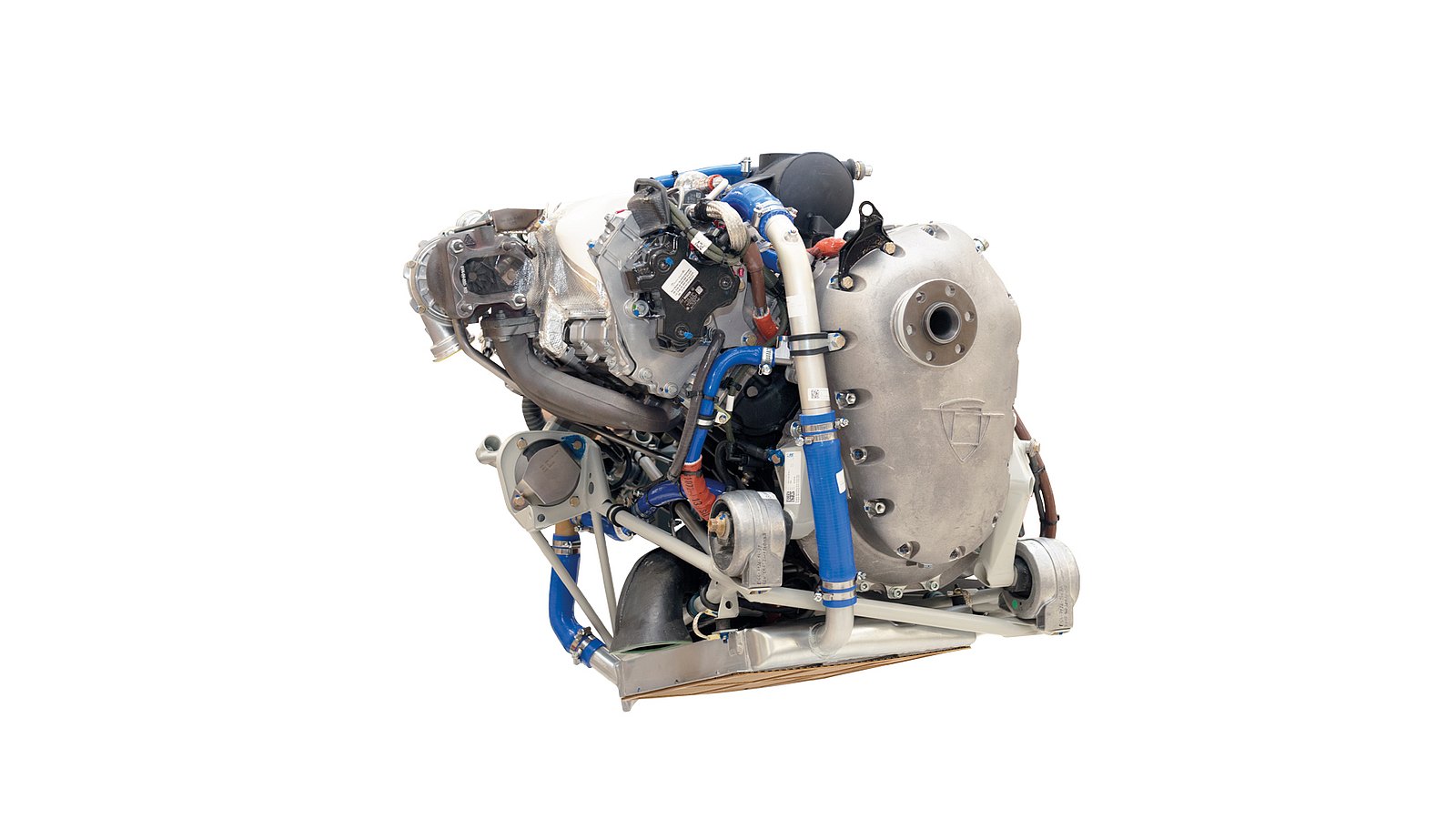Just How Engines For Africa Delivers Worth and Efficiency
Just How Engines For Africa Delivers Worth and Efficiency
Blog Article
Explore a Wide Variety of Engines for each Car and Purpose
The vehicle landscape is increasingly intricate, with a varied variety of engine types developed to meet details performance and performance requirements throughout various vehicle classifications. From the high-performance engines that power cars to the fuel-efficient alternatives tailored for daily commuting, the selections are large and varied. In addition, sturdy engines serve the demands of work lorries, while green choices are obtaining traction in the quest of sustainable transport. Comprehending these differences is essential for making notified decisions, specifically as arising innovations remain to form the future of auto design. What effects might these advancements hold for manufacturers and consumers alike?
Sorts Of Automotive Engines
Automotive engines can be categorized into numerous unique types, each developed to satisfy particular performance and efficiency demands. The most common classifications include internal combustion engines, electric engines, and hybrid systems.

Electric engines, on the other hand, operate electrical power kept in batteries, providing immediate torque and zero exhausts. These engines are becoming progressively prominent due to advancements in battery modern technology and the expanding focus on sustainability.
Hybrid systems integrate both internal combustion and electrical engines, enabling cars to enhance gas performance and decrease discharges by flawlessly switching over in between power sources. Each engine type presents its advantages and downsides, influencing factors such as automobile layout, intended use, and market need. Understanding these differences is crucial for suppliers and customers alike when picking the suitable engine for their certain demands.
Efficiency Engines for Sports Cars
Performance engines for sports autos are particularly engineered to deliver improved dexterity, rate, and power, establishing them aside from conventional vehicle engines. These engines typically use advanced modern technologies such as turbocharging, supercharging, and variable valve timing to make best use of performance and responsiveness.
Normally, efficiency engines are developed with greater compression proportions, which permit higher power removal from gas. This causes outstanding horse power and torque numbers, enabling quick acceleration and higher full throttle. The light-weight products made use of in these engines, such as aluminum and carbon fiber, add to minimized total automobile weight, improving handling and ability to move.
Engine arrangements like V6, V8, and also hybrid systems are typical in performance sports autos, each offering distinct advantages in terms of power delivery and driving characteristics. The tuning of these engines is additionally critical; several producers maximize the engine administration systems to offer an exhilarating driving experience, commonly including sporting activity settings that adjust throttle reaction and gear changes.
Effective Engines for Daily Commuters
In the realm of everyday travelling, reliable engines play an important duty in enhancing fuel economy and decreasing discharges while offering trustworthy performance. As city populaces expand and environmental problems intensify, the need for cars equipped with effective powertrains has actually surged.
Modern engines made for day-to-day commuters often integrate innovations such as turbocharging, straight fuel best site injection, and hybrid systems. Turbocharging boosts engine efficiency forcibly more air into the combustion chamber, permitting for smaller, lighter engines that do not compromise power output. Direct gas injection boosts gas atomization, resulting in better combustion and boosted effectiveness.
Hybrid engines, integrating inner burning with electrical power, further enhance gas economy, particularly in stop-and-go traffic, where conventional engines can suffer from inadequacies. Electric electric motors aid throughout acceleration and can run independently at reduced rates, decreasing general gas intake.
Furthermore, improvements in engine administration systems and lightweight products add dramatically to efficient engine style. By focusing on efficiency, toughness, and environmental sustainability, manufacturers remain to provide engines that not just fulfill the needs of day-to-day commuting yet likewise align with worldwide initiatives to reduce carbon footprints.
Heavy-Duty Engines for Job Cars
Sturdy engines for work cars are consistently engineered to supply remarkable torque and reliability under requiring conditions. These engines are designed to carry out in atmospheres where conventional engines may falter, such as construction sites, logging procedures, and agricultural setups. The key focus of heavy-duty engines is their capability to produce high degrees of power while keeping longevity over extended durations of operation.
Normally, heavy-duty engines use sophisticated products and durable construction methods to stand up to the rigors of heavy work. Functions such as enhanced cylinder blocks, enhanced air conditioning systems, and progressed fuel injection modern technologies add to their effectiveness. These engines commonly run at lower RPMs, which assists to enhance gas effectiveness while supplying the required power for hauling and transporting.
Along with mechanical toughness, heavy-duty engines are usually furnished with advanced electronic control systems (ECUs) that handle efficiency, exhausts, and diagnostics. This combination enables far better monitoring and upkeep, ensuring that job vehicles remain effective and operational.
Ultimately, durable engines are a necessary element in the performance of various sectors, providing the essential power and dependability to tackle the most difficult of tasks.
Eco-Friendly Engine Options
The growing focus on sustainability has actually caused the development of environment-friendly engine options that prioritize reduced discharges and enhanced fuel performance. These engines are developed to lessen the environmental influence of lorries while still providing the efficiency and dependability anticipated by consumers.
Among one of the most significant eco-friendly choices are electrical and hybrid engines. Hybrid engines integrate traditional interior combustion engines with electrical propulsion, permitting minimized gas usage and reduced greenhouse gas exhausts. Electric engines, on the various other hand, run totally on battery power, producing no tailpipe emissions and adding to cleaner air quality.
One more promising advancement is the development of biofuel engines, which make use of eco-friendly resources, such as plant materials, to power lorries (Engines For Africa). By making use of biofuels, these engines can reduce dependency on fossil gas and reduced total carbon impacts

As the automotive market advances, environment-friendly engine choices will certainly play a vital function in driving the transition in the direction of even more lasting transport services.
Verdict
The auto market supplies a diverse variety of engines created to satisfy various vehicle needs and functions. From high-performance engines that enhance cars capabilities to efficient models prioritizing gas economic situation for daily commuters, each type offers a details function. Durable engines deal with robust work lorries, while green options, such as electrical and biofuel engines, promote sustainable transport. This detailed variety makes sure that all driving requirements are dealt with, adding to advancements in auto innovation and ecological stewardship.

Report this page